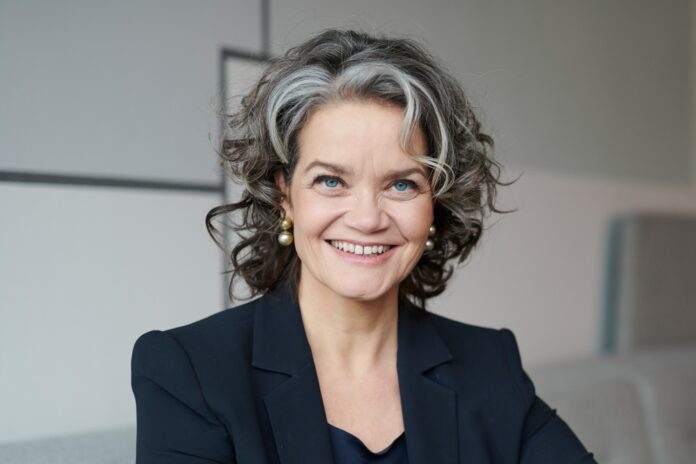Neubrandenburg is ‘super learning’ experience
Deutsche Telekom (DT) is sticking to Open RAN technology in its mobile networks despite recent trials and tribulations, according to executive tribe lead Franz Seiser, who steers Europe’s biggest telco on access disaggregation, technology architecture and innovation. In a video interview with Ray Le Maistre at TelecomTV, Seiser said the O-RAN Town trial in Neubrandenburg, a small town near Berlin, exposed a “couple of issues [and was] super valuable learning.”
That O-RAN Town trial began in the Open RAN ecosystem’s germinal phase, mid-2021, said Seiser. “We started at zero [with] hardly anything available. So we brought the players together… doing horizontal [and] vertical integration… We took a lot out of that, understanding what’s going well already, where we have the biggest trouble and where we have to go extra deep to make things work,” said Seiser. The operator’s head of Open RAN research and trials, Petr Ledl, outlined the six major obstacles to Open RAN success, all of which remain, Le Maistre.
In Decemebr 2022 Claudia Nemat, operator’s management board member for technology said Open RAN won’t be used across its networks until at least 2025, if at all, because the Open RAN technology sector hasn’t not developed at the pace the operator had originally anticipated. It remains to be seen how much of the O-RAN mountain there is to climb. The next step reach for the precipice will test if Open RAN technology can run in a vast European brownfield network. Claudia Nemat has concluded that O-RAN isn’t ready for a big commitment so DT is taking smaller steps. “We are not giving up [and] we are not stepping down” said Seiser. “We’re just adapting to the speed we see in the industry. We are not able and willing to compromise, and there are a few more steps to go to be able to deliver” on all the potential of the technology.”
Significant advances are being made, with ‘tremendous development’ over the course of DT’s O-RAN Town improvements. Performance, stability and functions are all leaping and bounding forward. “Our current view is that classical four-by-four radio units can be used, but they are not the only option so there is still a need for further development and to close the remaining gap is for high-band massive MIMO. And that’s what we are currently focusing on – and the whole industry is focusing on,” said Seiser.



